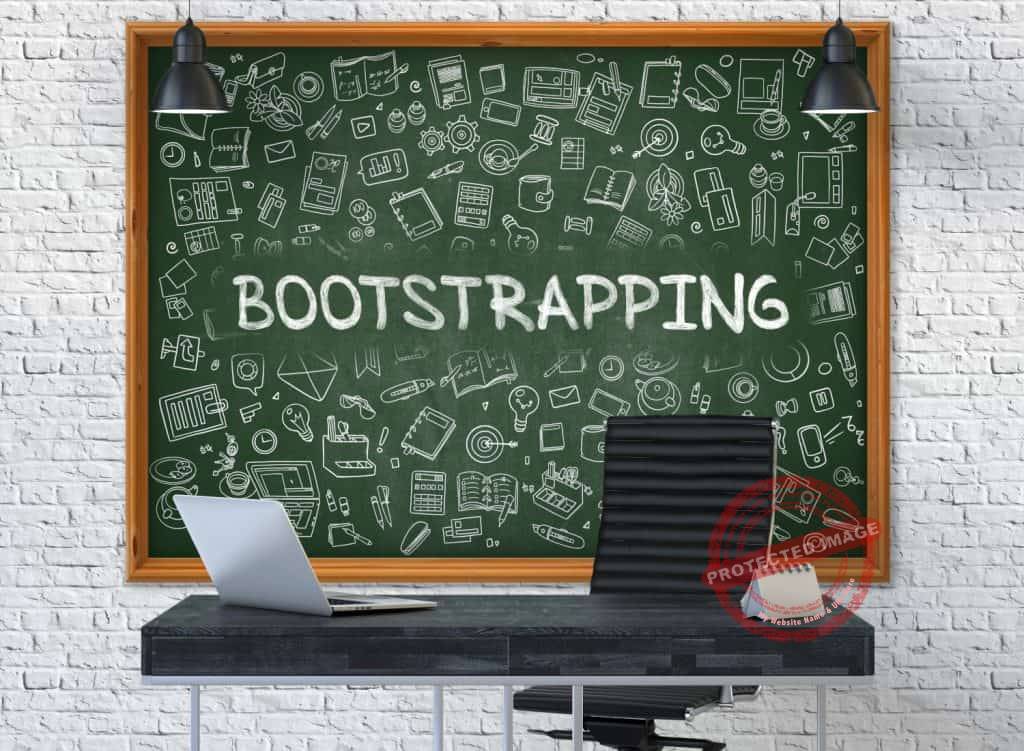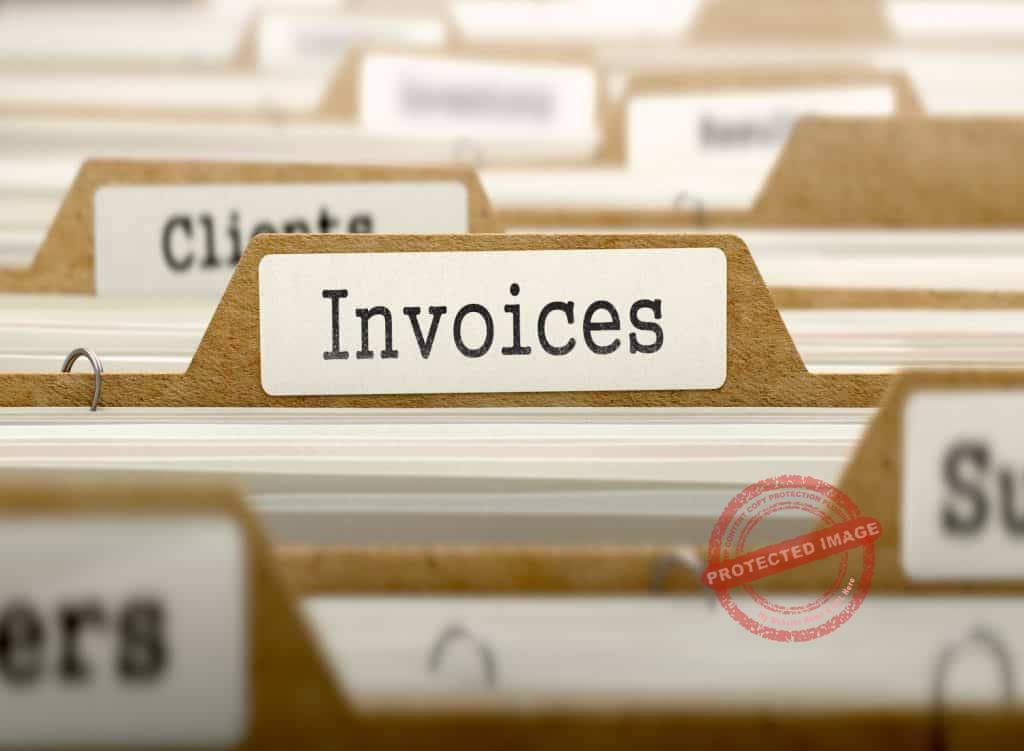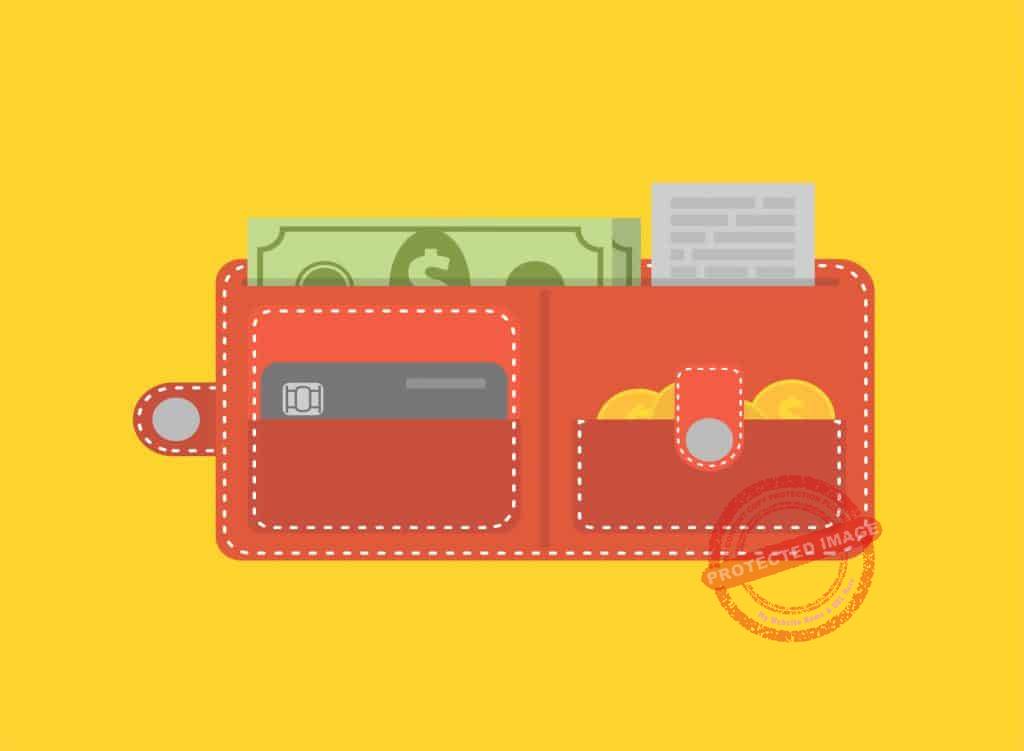As a start-up business owner in need of funds or are you unclear about how to put your personal money into your business?
There are numerous ways you can finance your small business with your personal money.
That’s what this post is all about.
Read on to find out all you need to know about financing your small business with your personal money.
Please note that the information in this article does not replace expert financial advice from certified financial advisers.
For many startup business owners, infusing personal money into the business is the only option to produce funds.
You might be a bit skeptical about using your personal money for your small business.
However, using personal funds in business has its benefits as well as it’s cons.
We’ll discuss this later on in this post.
How to Put Personal Money into Your Small Business

By using your personal money for business, you won’t have to pay interest on bank loans, which are usually unreasonably high.
Likewise, you won’t have to talk to unfriendly bank personnel who think small ventures such as yours are high risks for their business.
These are some of the benefits you stand to gain by using personal funds to finance your business.
While using personal money might be the best option available, you might want to know how to go about with other options.
In considering how to put your personal money into your small business, let’s consider other funds sourcing options that may be available for you.
Here are suggestions on how to fund your small business.
Bootstrapping

This is the do-it-yourself way, which is basically the main topic for this discussion.
It entails the use of personal money, and the first place to look into is your personal savings.
However, should you go in this direction, make sure you don’t empty your bank account during this process.
The suggestion is to keep maintaining a balance of at least $5000.
The purpose of this is to have enough to cover emergency expenses like unexpected bills, legal work, etc. within the first two years of your business operations.
Along with the money in the bank, consider using credit cards.
Consider the 0% interest type of credit cards, which you can use to cover for big purchases.
These credit cards are also highly useful for paying off credit card debt.
Note that this is a time-limited offer, as the 0% privilege does not last forever.

Make sure that prior to the expiration, your credit balance is 0.
Otherwise, the regular rate will be applied to the remaining balance on the account.
Other important things to understand related to credit card use are about balance transfers, balance transfer fees, and APR penalties.
Talking further about the pros and cons of using personal funds, one of the highlights to take into account is better funds management.
Do you want to control bad expenses?
This is one of the the best ways to do it.
If you are conscious of what’s in your account balance, you will be wise with designing the budget for your project according to that amount.
However, if you know you will be getting financial support from lending agencies, it is just easy to get tempted to ignore the unnecessary expenses.

This can ultimately lead you to excessive spending.
Higher control of the business is also another plus.
With investors putting their money in, you will have to deal with people questioning the wisdom of your decisions.
While it is sometimes helpful to seek second opinions from experts, it is not always good to solicit suggestions from partners in business.
This is because they’ll put their interest above the business’s interest.
For sure, you will always be bothered by the thought that they can withdraw their investments anytime.
This can sometimes put you under a lot of pressure and hamper your decision-making for the good of the business.
Family and Friends

Sourcing for startup capital from people who are close to you another way of putting personal money in your small business.
This kind of support can be so invaluable to you.
However, there are also downsides to this type of funding.
Although your folks or loved are the most trusted people there can ever be in this world, in business this is hardly the case.
These people can become your enemies in the long run.
These people can get nervous when things don’t appear favorable in the business and lose their patience.
Even more, they might criticize you and question your ability to handle challenging business situations.
Money matters can break even the strongest of relationships.
Is it then better to have the business run only on a self-financing business approach and never consider family and friends?

Experts say it’s favorable to get funding from them.
However, you must minimize the possibility of misunderstanding.
In other words, you can avoid the possibility of making these people feel they are “fools”?
One suggested way to do this is to consider this funding as high-interest loans.
This way, they can feel you are protecting them against a possible scenario wherein they cannot get their money back.
Consider borrowing only what you need to launch your business.
Limiting the money they will use to help fund your project might also work.
Before calling these people to a meeting with you, decide how much money you need and how many people you should use for that purpose.
Be careful about legal issues that may arise.
Make sure also that everybody gets sound legal advice before you take them in.
Loans For Small Business

You might frown at this idea because banks are stringent about giving out loans, but yes, this funding route can be considered.
However, as a startup business, they’ll require that you put in money of your own in the game.
Furthermore, you’ll be required to invest some of your money into the business also.
They will also ask for your business plan and you should be able to show them profitable projections.
Searching for any kind of capital is like full-time work in itself.
However, loan financing does not require you to give away a part of your business
Above all, it is a great way of keeping your personal money input to the business at a minimum.
Angel Investors

If you know wealthy individuals with certain interests in helping small businesses succeed, they can also be a source of funding for your start-up business.
They can help you with reducing the financial burden of using all your personal money for your business.
They are called angel investors because they choose to invest in risky and unproven business ventures.
There are two things to consider when looking for an angel investor for your small business.
Look Close To Home
Angel investors are not passive investors.
Also, because they likely want to play active roles in the businesses they invest in, they sometimes choose to invest in businesses close to their location.
This is so that they can keep an eye on the growth of the business and ensure that their investment is in place.
So, don’t go looking too far when trying to find angel investors for your small business.

Know What Type Of Angel Investor You Need For Your Business
Have a profile of the ideal investor you need.
In order to determine the kind of investor you need; ask the following questions
- Which industry is the angel investor familiar with?
- Does he/she invest himself or he doesn’t but refers businesses to other private investors?
- Does he/she enjoy advertising and like to be hands-on with the business?
- Age?
- Do you need someone over 40 or over 60 years old?
- What about income and net worth?
Like other providers of capital, angel investors choose to invest in startup companies with the potential for high profits.
Usually, they require a slice of equity ownership and ask for some degree of control over the business’s strategic planning.
How to Put Personal Money Into Your Business

Now you are familiar with other options available to you for raising money for your startup business.
These options are suitable for startup business owners who do not want to put their entire personal savings into the business.
Now let’s consider some key points you should keep in mind when putting your personal money into your small business.
Proper Accounting and Getting Your Money Back
When putting money into your business, it’s important that you separate personal and business funds.
It’s the best way to avoid tax and accounting issues.
Keep track of the amount your business owes you and the status of ownership you have.
Separate Accounts
Your business must have a legal entity of its own.
Thus a bank account for the business must be acquired.
This will protect you from legal liabilities stemming from the decisions you make when operating the business.

Fund It
One of the basic things you need to understand is how to record personal money.
In this area of your business, the first you thing you need to do is transfer personal fund to the business’s account.
Then you have a transaction to record.
Putting the full amount of what the business needs in a single transaction can make you avoid going through the accounting process multiple times.
Proper Finance management
Hire a bookkeeper or use accounting software for this.
It is important that you keep an eye on your costs and income.
Invoicing
Invoicing is something you must also properly manage in the business when putting your personal money in your small business.
- Send invoices as soon as goods or services have been delivered.
- Set a given period for payments.
Transactions with no clear payment terms are vulnerable to lost or forgotten payments.
- Follow up on invoices you have sent.
Use email and SMS follow up templates to make this task easier.

Pay Yourself
When putting personal money into your business and when the business starts bringing in revenues, it’s time to let cash flow back into your personal account.
Don’t be greedy at the first sight of a high return though.
This is because it might drastically disrupt normal operational activities needing a steady flow of cash.
consider taking just 10% of the earnings.
Afterward, you can gradually increase the amount you pay as revenues continue to flow in.
Aside from the consistent flow of money back into your own account, the strategy also allows for testing your business’s profitability.
It also provides a safety net for emergency expenses.
Be frugal even if you can afford it when buying the things you want to buy.
Settle with a low salary that can sufficiently cover your daily needs.
On the employee side, offer only government-required benefits.
At this early stage of the business, maximizing savings can very well prepare your business for economic uncertainties.
Additional Tips To Keep In Mind When Putting Your Personal Money Into Your Small Business

This is still a small business, and any wrong step can get not only your funding but also the whole of the business plummeting down.
Be very careful about the following:
Legal Fees
If handled improperly, these can easily get out of hand.
Lawyers may charge exorbitantly, but that’s just normal with this high-level profession.
The way to approach this is to be clear about your expectations about their services.
Usually, they know what it means to run a small business on a tight budget.
Study the billing option you can afford.
An hourly or a per-project basis might be more cost-effective to your business.

DIY Legal Documents
By creating legal documents on your own, you can save more.
There are online services that can help you prepare documents for a mutual non-disclosure agreement, employee contract among others at a low fee or at no charge.
Expansion
Is it necessary for now?
If it is, then make sure that it is done wisely and steadily.
Take it step by step.
Expanding your business at the wrong time could lead to a heavy financial drain on the money you put into your business.
Marketing and PR
Another thing to keep in mind when putting your personal money in your small business is how to promote sales in the business.
You need to develop good marketing strategies that would boost your sales.
This way you can be assured that the money you put isn’t a waste.
An increase in sales will also help you recover your personal money you put into the business.

Focused and targeted marketing and PR activities are the best ways to protect your finances.
In marketing, it is also important to use the best marketing platform that can increase sales and lower costs.
Use email listings from list providers.
This way you will spend time, money and effort only with potential customers who will most likely buy your products or services.
Since the business is still small, a focused, more localized marketing is preferred.
Don’t buy; Rent
Rent equipment when you need it only for a brief period of time.
Renting also helps with avoiding maintenance expense that normally comes with buying equipment, machines, etc.
Renting your office space instead of buying a property may also be helpful with budgeting, as this makes expansion or relocation easier to accomplish.
Pros and Cons of Using Personal Funds; Why Self-financing Is Not Always the Best

Putting your personal money in your small business has numerous benefits as well as its cons.
The ability to keep expenses within the available budget and a high level of business management control are some of the benefits that have been cited.
Do the benefits outweigh the disadvantages?
This can be answered on a case to case basis, and usually the business owner’s personality, character or financial capacity comes into play in the decision-making.
Given half the chance, will you not grab the opportunity to be given a loan rather than using your own money?
There are reasons why business owners prefer to use their personal savings.
Some of these reasons are;
- Fear of being incapacitated to pay interest
- Fear of not being able to receive funding on time
- The Fear of not being accepted by loan agencies

The cons of using your personal money in your small business are;
Family Financial Stress
When you use your personal money for business it puts a strain on your family’s finances.
If things do not run as expected, you might even lose your home, properties and other valuables.
A Wall Street survey revealed that some 40% of businessmen are forced to retire later than scheduled as their retirement money is tied up with their business.
You Lose The Opportunity To Create A Network For Yourself
Self-funding your business will require you to develop your own network and mentoring opportunities all by yourself.
However, when you use venture capitalists and angel investors you lose the opportunity to build a network for yourself.
This is because investors can simply introduce you to their contacts to help learn more about business and to expand your network without spending anything for it.
- Which is better?
- Building your own network or working on a ready-made one provided by investors?
Slow Growth
Most business owners have great ideas.
However, it’s the lack of funding that holds them back.
Most of the time, their personal savings money is not enough to fund the business to give it the growth and expansion that it needs.
Consequently, their business is limited in growth due to their limited finances.
Take this scenario for example;
Imagine the level of growth an input from an investor of a million-dollar can bring to the business?
The answer is immense growth which using your personal savings cannot.
Final Words On How to Put Personal Money into Your Small Business

Now you know some of the things to consider when deciding on putting your personal money in your small business.
This is always a tough decision to make.
You either put your money on the line, expect that you run your business wisely, and receive expected output in a short while, or you try out securing loans for your business.
For the most part, it requires that you study and weigh your options with experts and financial advisors quite carefully.
Taking time to weigh your options will help you come up with the best decision for your small business.
Other informative and helpful articles have been linked to this one; please do check them out.










